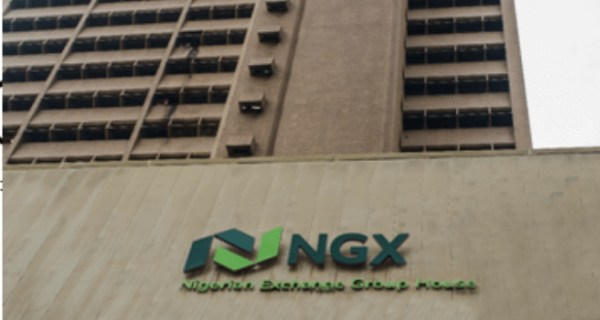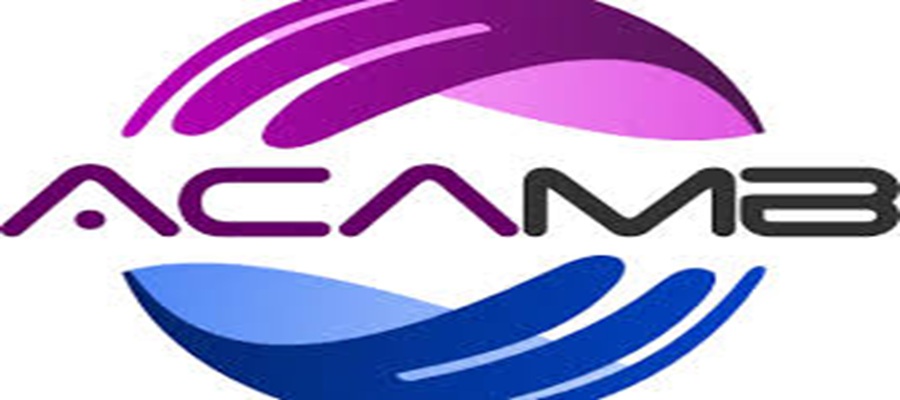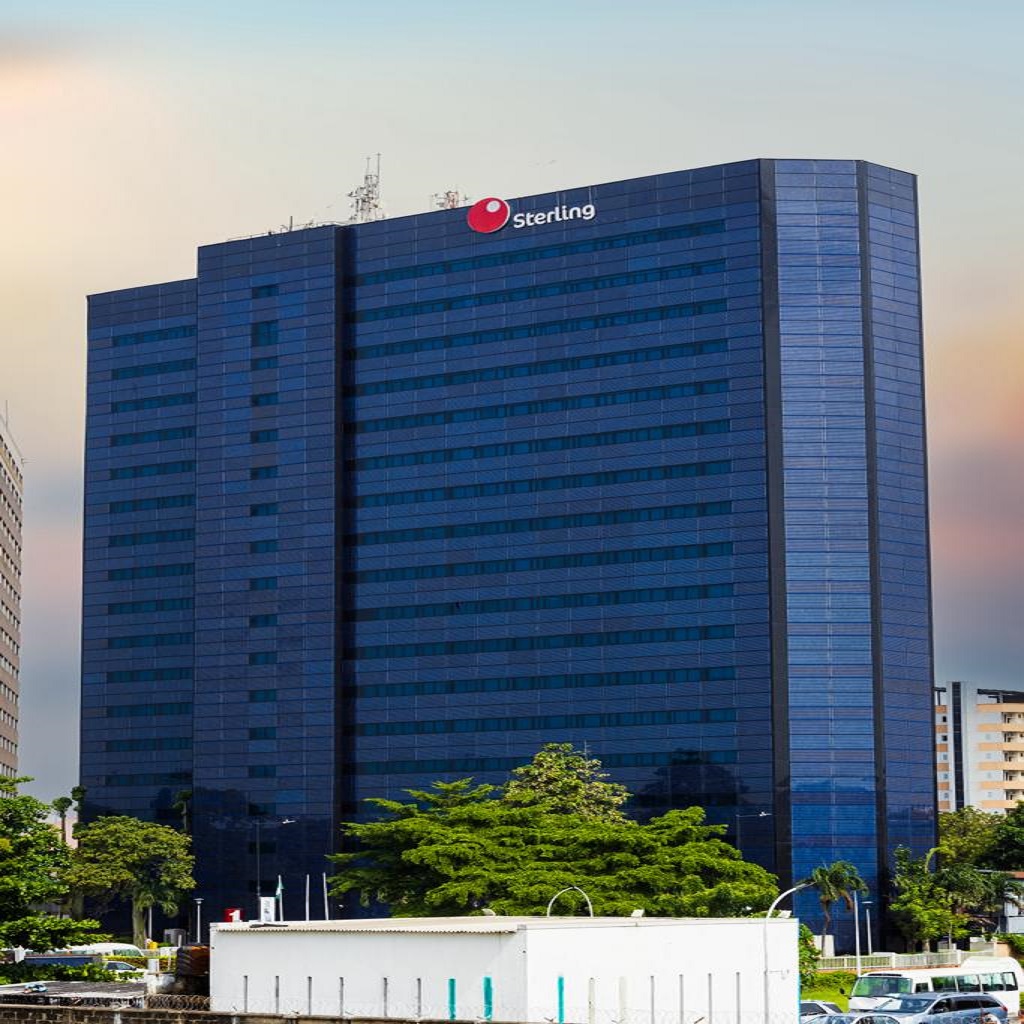E-Financial
NGX Group Aims to Deepen Value in Subsidiaries, Investee Companies

The Nigerian Exchange Group Plc (NGX Group) has disclosed that it would generate increased growth by deepening value creation in its subsidiaries, and associate companies and expand into adjacent businesses.

During its virtual 2022 Financial Year Investor and Analyst Presentation yesterday, the Group Chief Executive Officer, NGX Group, Mr Oscar Onyema, told investors that the company was focused on supporting its wholly owned subsidiaries and investee companies across multiple initiatives.
While responding to questions from analysts, Onyema noted that the Group doubled down on its investments in its associate company, Central Securities and Clearing System (CSCS) seeing the strong dividend-generating potential of the firm.
“As a way to delve into new strategic investments, we doubled down on investment in CSCS, moving our ownership from 29per cent to about 44.18per cent. The essence of taking this initiative is so that we can work with the company and its stakeholders to drive improved revenues.
“Excitingly, they have demonstrated the ability to pay dividends and so we are constantly exploring more business expansion initiatives like the document utilization project with CSCS whilst growing the company.”
In addressing the rise in expenses driven by increased interest and personnel expenses, he said the company aimed to streamline debt to cut down on interest expenses with a keen interest in reducing operational costs for the business and optimising personnel expenses without overhead reduction in staff strength.
On the performance of the Exchange, Mr Temi Popoola, CEO, Nigerian Exchange Limited (NGX) spoke on some of the year’s major achievements with highlights drawn from the rise of Equity capitalization, Fixed income market capitalization and Exchange Traded Fund (ETF) Market Capitalization which rose by 25.20per cent, 17.58per cent and 17.58per cent respectively.
Additionally, the value traded for the derivatives (ETF) capitalisation reached N16.49million with a Market capitalization of N3.6billion at the close of 2022.
“NGX’s strategic business goal for 2023 will include forging more partnerships with development finance institutions and international banks to further develop the market.
“We aim to do more with our newly forged partnership with Afreximbank through the PAPSS initiative to allow for flexibility in Africa’s payment integrations system.”
CEO, NGX Regulation Limited (NGX RegCo), the self-regulatory organization arm of the Group, Tinuade Awe said NGX RegCo embarked on a number of thought leadership steps, one of which was regulatory consulting and policy formulation for key players in the sector, Issuers Engagement Forum for stakeholders and formidable partnership with regulators.
“We will continue to enable a transparent and orderly market through investor protection, policy formulation and enforcement and compliance audit,” she said.
The Acting CEO, Mr Gabriel Igbeka, NGX Real Estate Limited (NGX RelCo) further highlighted that the company has been able to actualize a cost-saving mechanism of about N26.6 million in 2022, having introduced a property management solution that boosts efficiency, improves service quality and reduces cost.
E-Financial
ACAMB Educates Content Creator to Curb Misinformation on Bank Recapitalisation

In a bid to foster accurate public discourse as well as protect the stability of the financial sector, the Association of Corporate and Marketing Professionals in Banks (ACAMB) has stepped in to educate renowned content creator, Unofficial Osas, following his misrepresentation of facts concerning the Central Bank of Nigeria’s (CBN) recapitalisation drive, and subsequent invitation by the Nigerian Police Force.

ACAMB
The intervention by ACAMB led to the successful retraction of a misleading video regarding the CBN recapitalisation policy, demonstrating the Association’s commitment to its core mandate of public enlightenment.
In his official apology video, the content creator stated, “I was invited by the Nigerian police force national cyber crime centre in Abuja over the video I posted on the 15th of December, where i spoke about 12 banks that were shut down in relation to the CBN recapitalisation policy. I would like to offer an official retraction of that video and want to reiterate that no bank is shutting down.
“As a matter of fact, most of the banks have now met the ₦500 billion minimum capital base for banks with international and the N200bn for national banks recapitalisation requirements, so no bank is shutting down.
“I want to specifically appreciate ACAMB. They were very professional in handling this case and did well to educate and enlighten me on the recapitalisation process. I am now better informed and know better”
Commenting on the resolution, President of ACAMB, Jide Sipe, reinforced the Association’s dedication to protecting the integrity of the banking sector. “ACAMB stands for the restoration of professional banking ethics and public confidence through seamless information management and public enlightenment.
“We believe that an informed public is an empowered public. By engaging Unofficial Osas, we ensured that accurate information regarding the resilience and strength of our banks was disseminated to the millions of Nigerians who follow him.”
The Intervention shows ACAMB is dedicated to evolving strategies that enhance and sustain a good image for the nation’s banking sector as well as assist in fostering better banking habits among Nigerians.
E-Financial
FirstCap MD says Payment Security Remains Biggest Barrier to Bankable Gas and Power Projects

Ukandu E. Ukandu, Managing Director/CEO of FirstCap Limited, a leading investment banking firm and subsidiary of First HoldCo Plc., has reaffirmed that payment security remains the most decisive factor in determining whether gas and power projects in Nigeria secure financing.

He shared this perspective during a panel discussion on project bankability at the 2026 SPE Lagos Energy Week.
Ukandu noted that although several risks influence financing decisions, payment risk consistently emerges as the key barrier to financial close.
“Every major risk matter, but payment risk is the ultimate deal‑breaker. Without strong payment security and disciplined collections, no project can attract sustainable financing,” he said.
He explained that lenders typically evaluate three core risk pillars, payment reliability, foreign‑exchange exposure, and contract enforceability, with payment reliability presenting the greatest challenge across Nigeria’s energy value chain. Persistent collection inefficiencies, rising arrears, and liquidity pressures continue to weaken investor confidence.
To enhance payment security, Ukandu highlighted mechanisms widely used by financiers, including letters of credit, bank guarantees, escrow accounts with payment‑waterfall structures, reserve and sinking funds, sovereign or sub‑sovereign support, and take‑or‑pay offtake agreements.
Addressing foreign exchange risk, he noted that volatility remains difficult to manage, especially for projects with dollar‑denominated costs but naira‑denominated revenues. Lenders typically mitigate this through foreign exchange ‑linked tariff indexation, partial dollarisation for credible industrial offtakers, escrow protections, selective hedging, and foreign exchange reserve buffers.
However, he cautioned that indexation alone seldom eliminates exposure due to regulatory limits and timing delays.
On legal and regulatory certainty, Ukandu stressed the need for contracts that are enforceable and clearly structured, particularly around take‑or‑pay obligations, termination payments, step‑in rights, and dispute‑resolution frameworks. He added that factors such as tariff adjustments, licence changes, and price controls can significantly affect project viability if they are not fully addressed at the contracting stage.
While fiscal incentives such as tax holidays and accelerated depreciation can strengthen project economics, Ukandu emphasised that they cannot compensate for weak fundamentals.
“Incentives make a good project better, but they do not make a weak project bankable. Cash‑flow reliability and disciplined foreign exchange management must come first,” he said. He also noted that naira‑based incentives may lose value if project revenues are not indexed.
He concluded by urging industry players to prioritise revenue security from the earliest stages of project structuring: “Protect returns at the source. Build strong offtake arrangements with solid credit support and currency alignment to ensure cash is received in full and on time.”
E-Financial
Sterling HoldCo Starts Allotment of Oversubscribed Public Offer Shares

Sterling Financial Holdings Company Plc (Sterling HoldCo) has begun allotting 12,581,000,000 ordinary shares of 50 kobo each at ₦7.00 per share from its 2025 Public Offer.

Sterling HoldCo
The process follows Central Bank of Nigeria (CBN) and Securities & Exchange Commission (SEC) approvals.
The offer, opened September 15, 2025, drew 18,280 applications for 16.84 billion shares worth ₦117.88 billion—109.79 per cent oversubscribed.
Valid applications from 18,276 shareholders totalled 13.81 billion shares; all compliant applicants receive full allotments.
Refunds for rejects/excess, plus interest, process via RTGS/NIBSS by February 17, 2026, handled by Pace Registrars Limited.
Shares credit to CSCS accounts by the same date; new accounts held in pool pending documentation.
The raise bolsters capital for banking subsidiaries, injects ₦10 billion into SterlingFI Wealth Management to meet SEC rules, and funds credit expansion, innovation, and support for businesses/households.
Strong Financials, Diversified Growth
FY25 interim results show 99 per cent profit before tax growth; gross earnings up 46 per cent to ₦476.5 billion; assets at ₦3.92 trillion; deposits up 18 per cent to ₦2.98 trillion; shareholders’ funds up 39 per cent to ₦424 billion.
Cost-to-income ratio improved to 63 per cent from 72 per cent.
Subsidiaries—Sterling Bank Limited (conventional), The Alternative Bank Limited (non-interest, 150+ branches)—comply with CBN capital rules.
Initiatives include Mata Zalla (women tricycle training) and Plateau agriculture programme.
The offer attracted first-time retail investors, broadening ownership.
Sterling HoldCo welcomes new shareholders, poised for sustained growth and economic impact.

 E-Financial2 days ago
E-Financial2 days agoEcobank Nigeria Fully Repays $300m Eurobond Notes

 E-Financial2 days ago
E-Financial2 days agoZenith Bank Warns Public Over Fake Jim Ovia Investment Videos

 E-Business2 days ago
E-Business2 days agoChams Carves Out Subsidiary to Support Africa’s Digital Transformation

 General News1 day ago
General News1 day agoPalmPay Unveils First Batch of Winners in #LoveWithPalmPay Campaign

 E-Financial2 days ago
E-Financial2 days agoBoI Secures CBN’s Approval for Non-interest Banking Operation

 E-Business2 days ago
E-Business2 days agoNigeria, South Africa Drive Stablecoin Spending in Africa

 Telecom2 days ago
Telecom2 days agoAfrica’s Active Data Centres’ Capacity on Back Foot, Despite Investment Push

 E-Financial1 day ago
E-Financial1 day agoFirstCap MD says Payment Security Remains Biggest Barrier to Bankable Gas and Power Projects






















